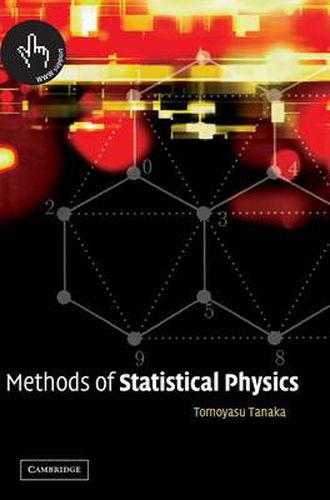Readings Newsletter
Become a Readings Member to make your shopping experience even easier.
Sign in or sign up for free!
You’re not far away from qualifying for FREE standard shipping within Australia
You’ve qualified for FREE standard shipping within Australia
The cart is loading…






This graduate-level textbook on thermal physics covers classical thermodynamics, statistical mechanics and its applications. It describes theoretical methods to calculate thermodynamic properties, such as the equation of state, specific heat, Helmholtz free energy, magnetic susceptibility and phase transitions of macroscopic systems. In addition to the more standard material covered, this book also describes powerful techniques, which are not found elsewhere, to determine the correlation effects on which the thermodynamic properties are based. Particular emphasis is given to the cluster variation method and a novel formulation is developed for its expression in terms of correlation functions. Although a basic knowledge of quantum mechanics is required, the mathematical formulations are accessible and entirely self-contained. The book will therefore constitute an ideal companion text for graduate students studying courses on the theory of complex analysis, classical mechanics, classical electrodynamics, and quantum mechanics.
$9.00 standard shipping within Australia
FREE standard shipping within Australia for orders over $100.00
Express & International shipping calculated at checkout
This graduate-level textbook on thermal physics covers classical thermodynamics, statistical mechanics and its applications. It describes theoretical methods to calculate thermodynamic properties, such as the equation of state, specific heat, Helmholtz free energy, magnetic susceptibility and phase transitions of macroscopic systems. In addition to the more standard material covered, this book also describes powerful techniques, which are not found elsewhere, to determine the correlation effects on which the thermodynamic properties are based. Particular emphasis is given to the cluster variation method and a novel formulation is developed for its expression in terms of correlation functions. Although a basic knowledge of quantum mechanics is required, the mathematical formulations are accessible and entirely self-contained. The book will therefore constitute an ideal companion text for graduate students studying courses on the theory of complex analysis, classical mechanics, classical electrodynamics, and quantum mechanics.